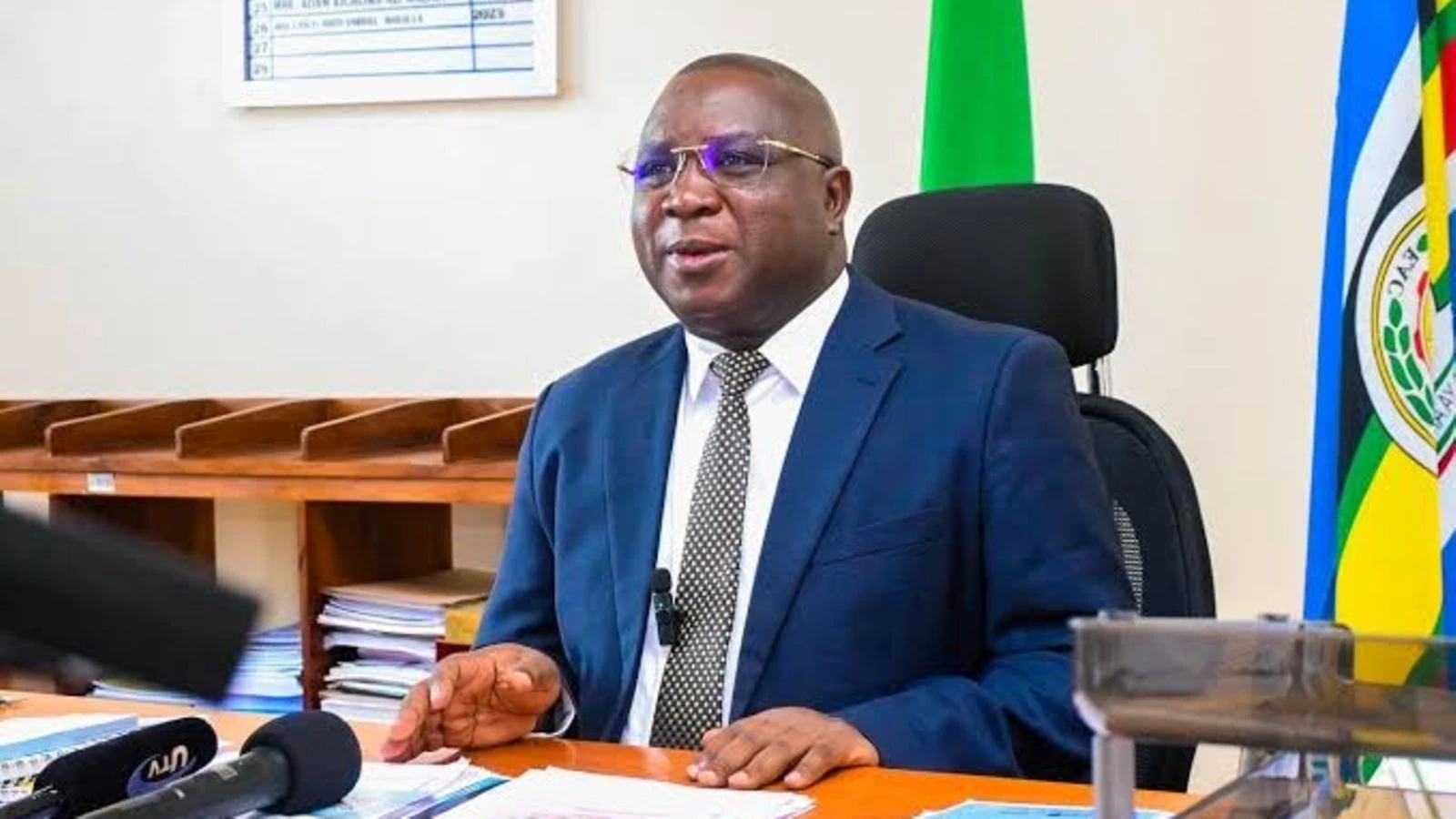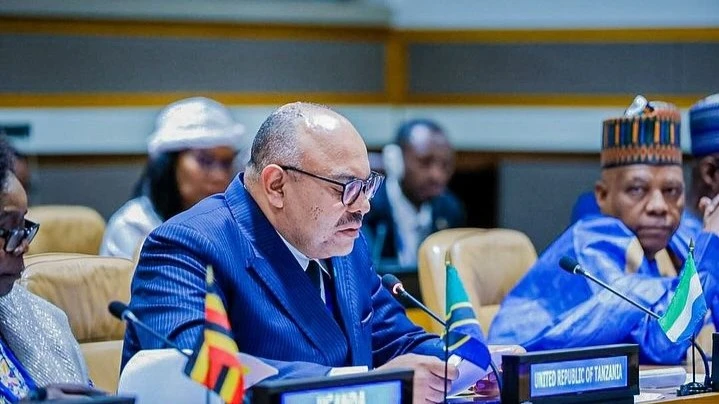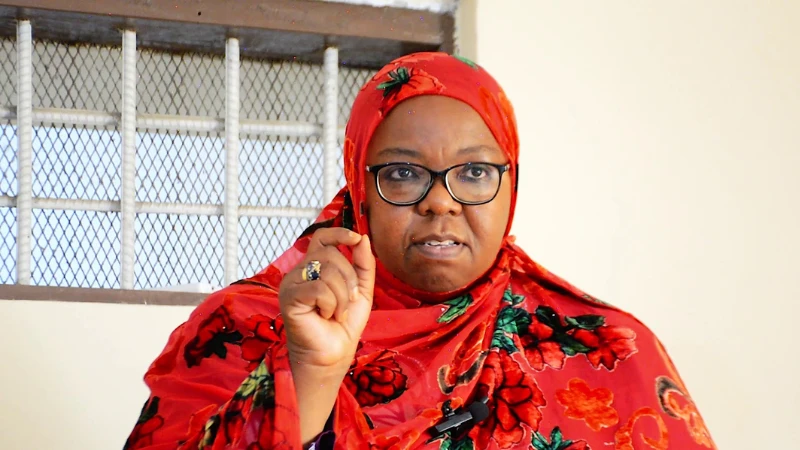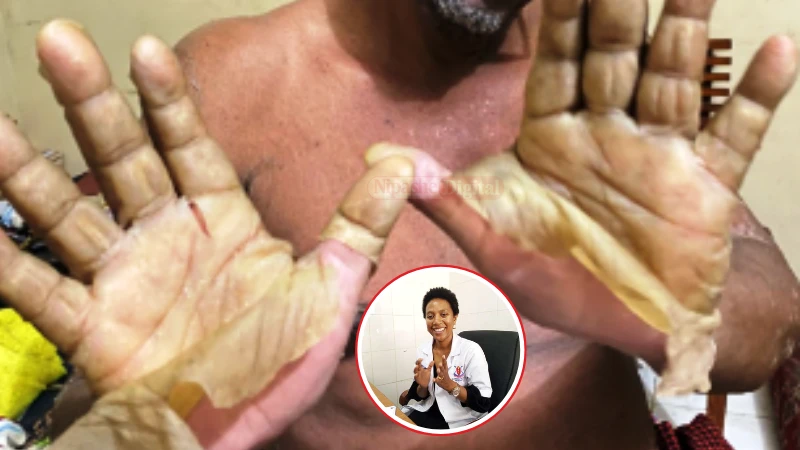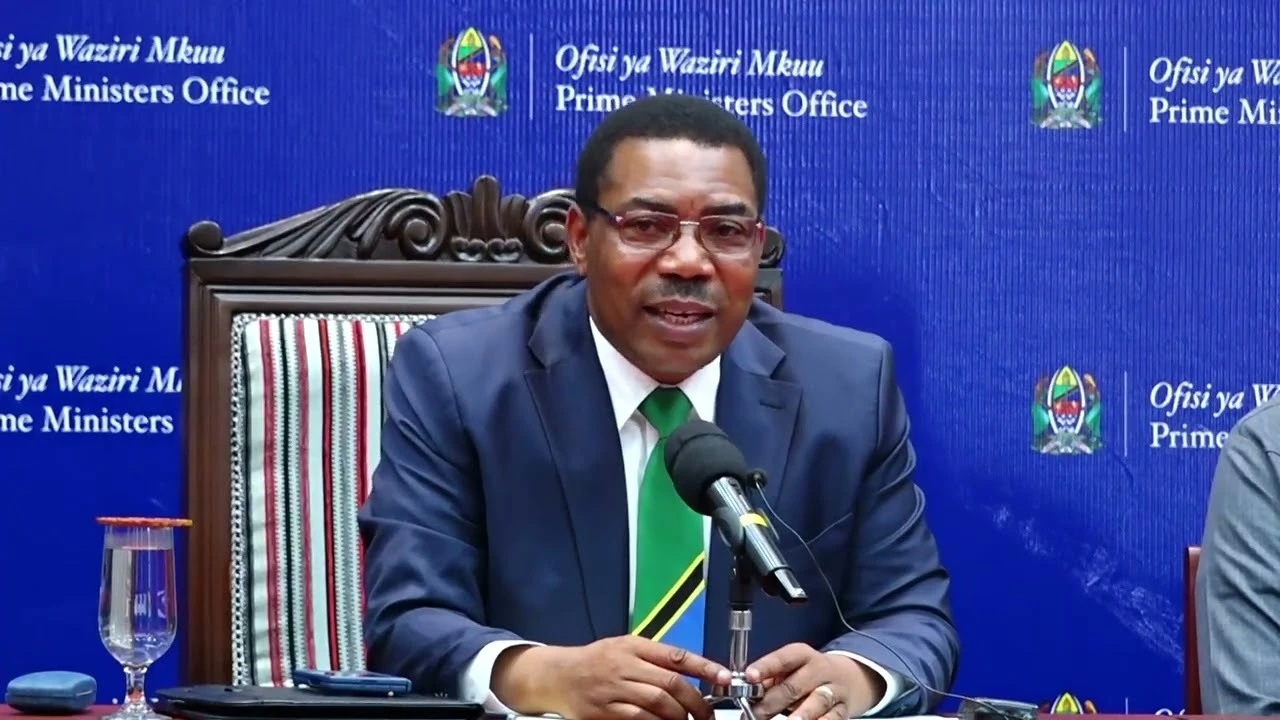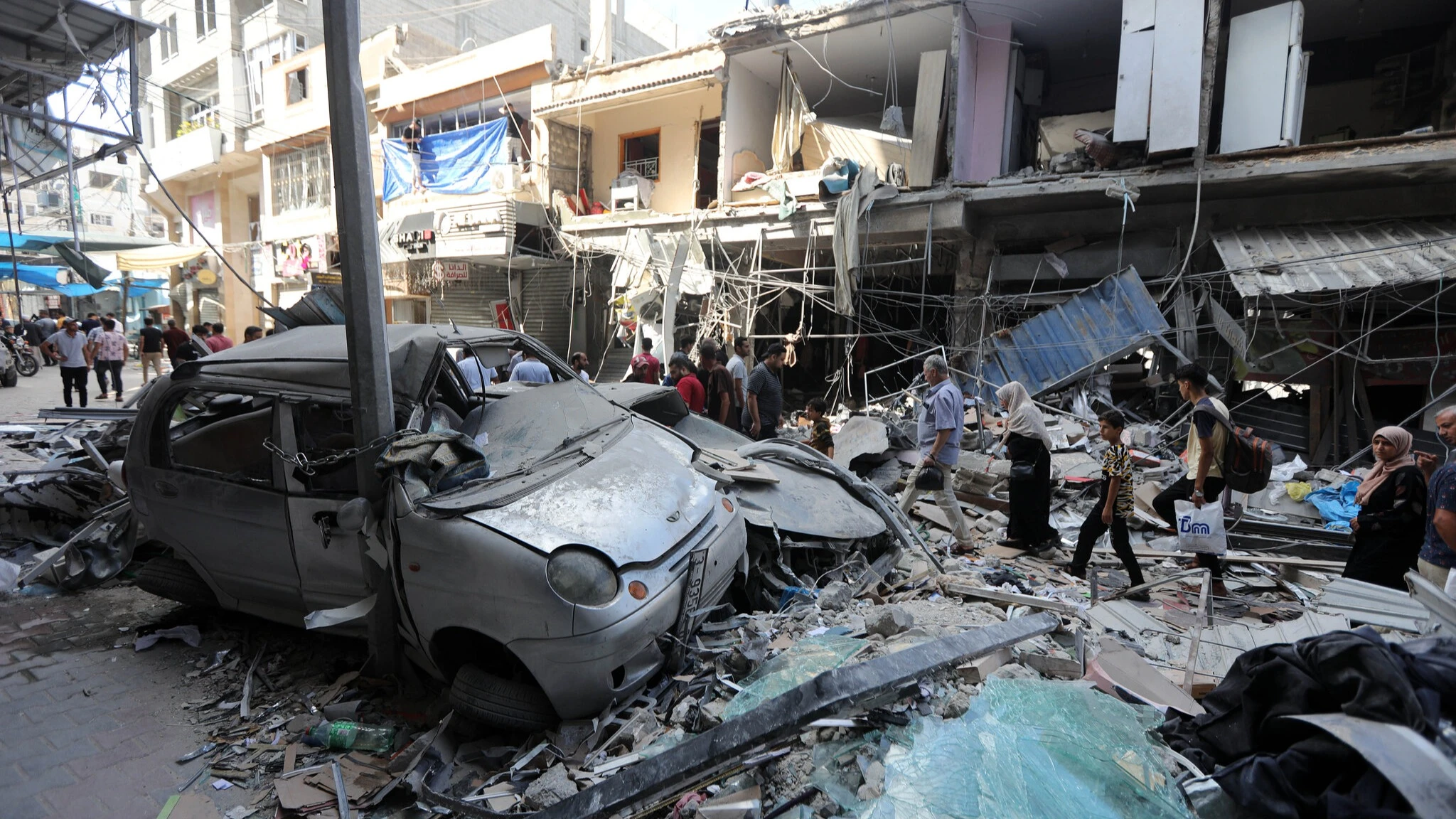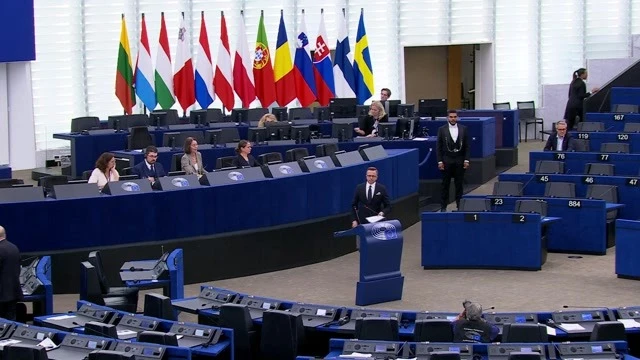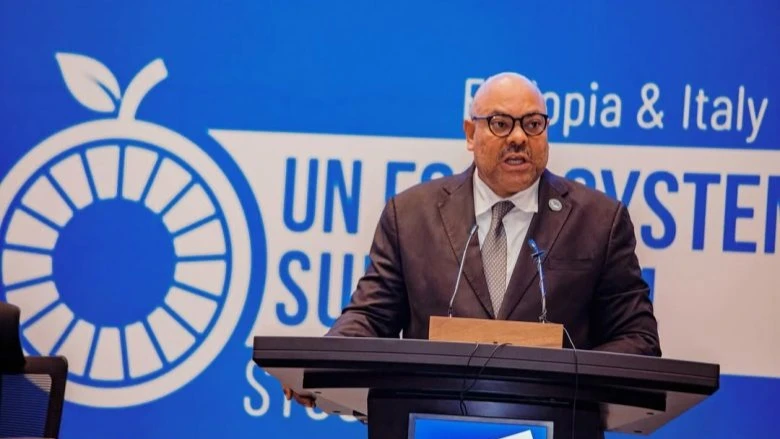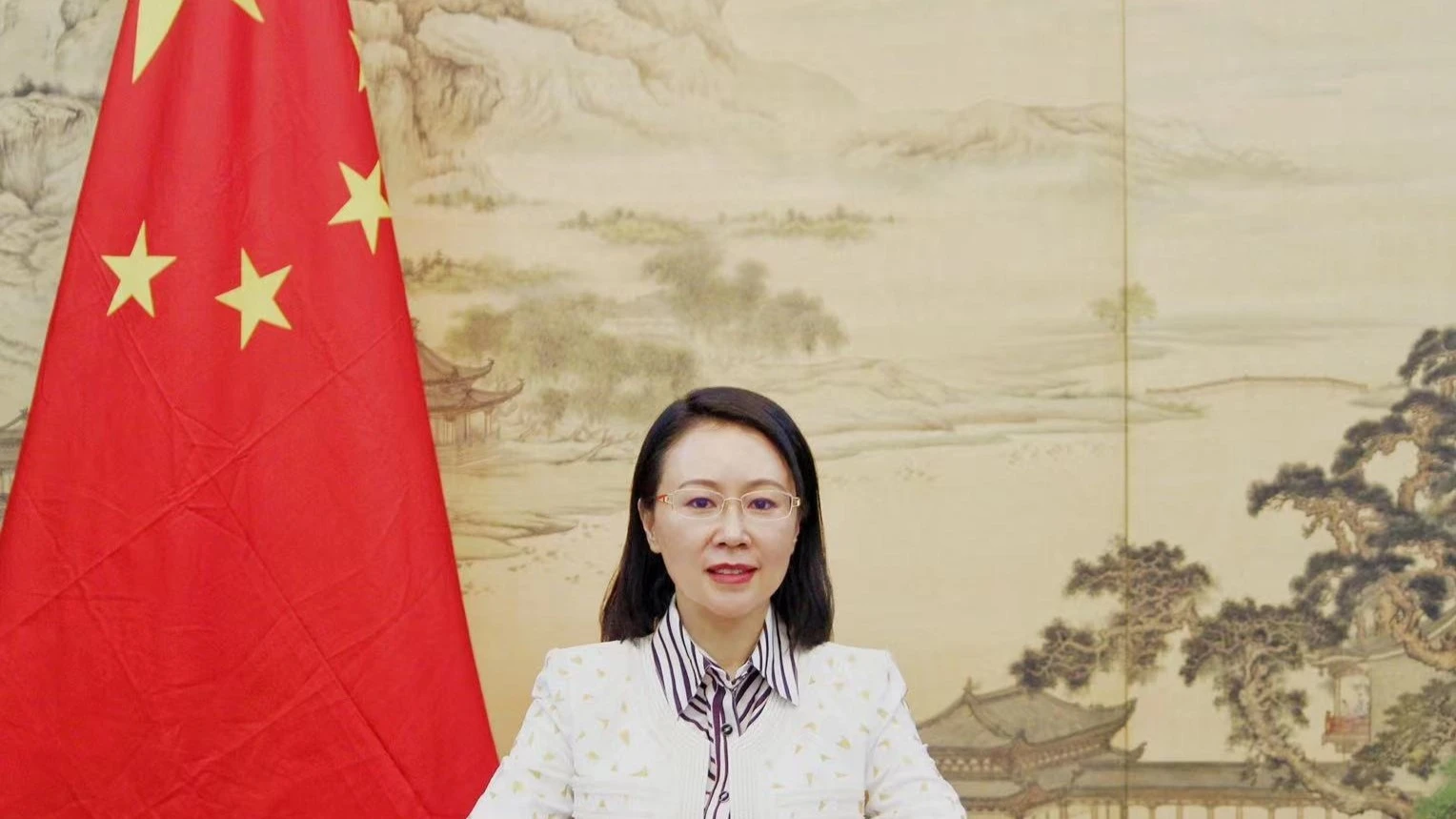Dar resident pays over 1.2m/- monthly to manage Psoriasis
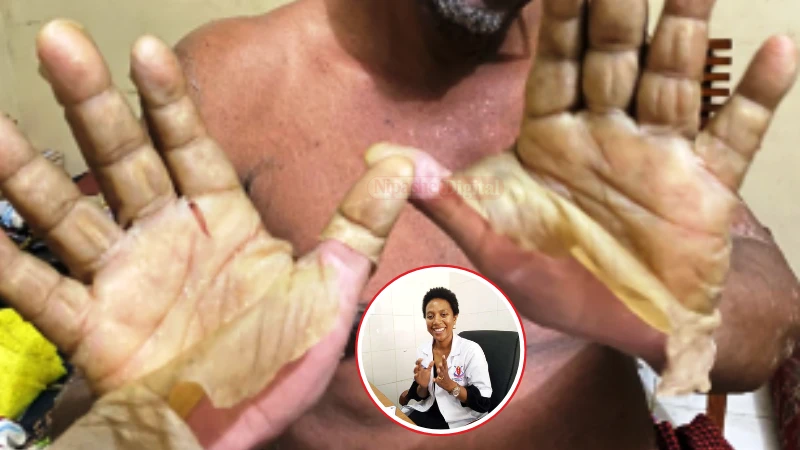
FOR Dar es Salaam resident Frank Latamani, the chronic skin condition known as Psoriasis has become not only a painful ordeal but a financially crippling one, costing him no less than 1,270,000/- every month to manage.
Latamani, who has battled the disease for more than a decade, says the cost of care is far beyond the reach of ordinary Tanzanians, leaving many patients struggling in silence.
His monthly bill includes two vials of injectable medication, identified as steroids, at 450,000/- each, and three tubes of ointment priced at 90,000/- apiece.
“Every month I must have two bottles of steroids along with three tubes of ointment—totaling 1,270,000/-. I am retired now. Sometimes you ask yourself where the money should go first: food, school fees, or treatment. It’s expensive,” lamented Latamani, who serves as the Tanzania Psoriasis Association (PSORATA) vice chairman.
Latamani first noticed mild, dandruff-like patches on his scalp and small bumps on his legs around 2012, which he initially dismissed as a common skin problem.
By 2016, however, the patches had spread to his head, legs and waist, prompting him to seek specialized care. After years of moving between different facilities, a dermatologist at the Muhimbili National Hospital (MNH) advised him to undergo a biopsy. The results confirmed Psoriasis, a chronic and incurable disease that requires lifelong treatment.
In search of relief, Latamani travelled to Apollo Hospital in India in October 2020, during the COVID-19 pandemic. He spent three months there, receiving costly injectable therapy that offered quick results.
The trip was made possible through 30m/- contributed by family and friends. Over time, he has experienced several of the disease’s eight known forms, including palmoplantar psoriasis, which causes peeling on the hands and feet and can make walking or holding objects difficult, as well as inverse psoriasis affecting skin folds.
Since retiring in 2021, sustaining escalating costs of treatment has become his biggest challenge, with the financial strain is accompanied by deep mental and social anguish, including financial instability out of being unable to work, depression, fear, anxiety, loneliness and low self-esteem.
Social isolation set in as friends withdraw, believing patients have too many needs, while another patient, Jolly Digallu, the association’s treasurer, echoed the concern over treatment expenses. “Our main cry is treatment—it is very expensive. One injection costs about 400,000/-,” she stated, wondering how an ordinary income earner or pensioner can get that amount.
The Ministry of Health needs to establish a system to support Psoriasis patients, many of whom are above 35 years old, he said, with dermatologist Dr Magdalena Dennis of MNH confirming that Psoriasis, while rare, does exist in Tanzania.
She said MNH dermatology clinics receive upwards of 300 to 500 patients per week, with at least one typically diagnosed with the disease. Psoriasis affects two to three percent of the global population—about 125m people, as a chronic, noncontagious disease caused by immune dysfunction that accelerates skin cell growth, leading to dry, scaly patches and swelling.
The condition is also associated with other non-communicable diseases such as hypertension and diabetes, she said, meanwhile as the Tanzania Psoriasis Association, founded in 2006, now has up to 300 members nationwide.
The organisation provides psychological support, health education and a crucial safety net for patients struggling with the physical, emotional and financial burden of the disease, the group leaders noted.
Top Headlines
© 2025 IPPMEDIA.COM. ALL RIGHTS RESERVED








